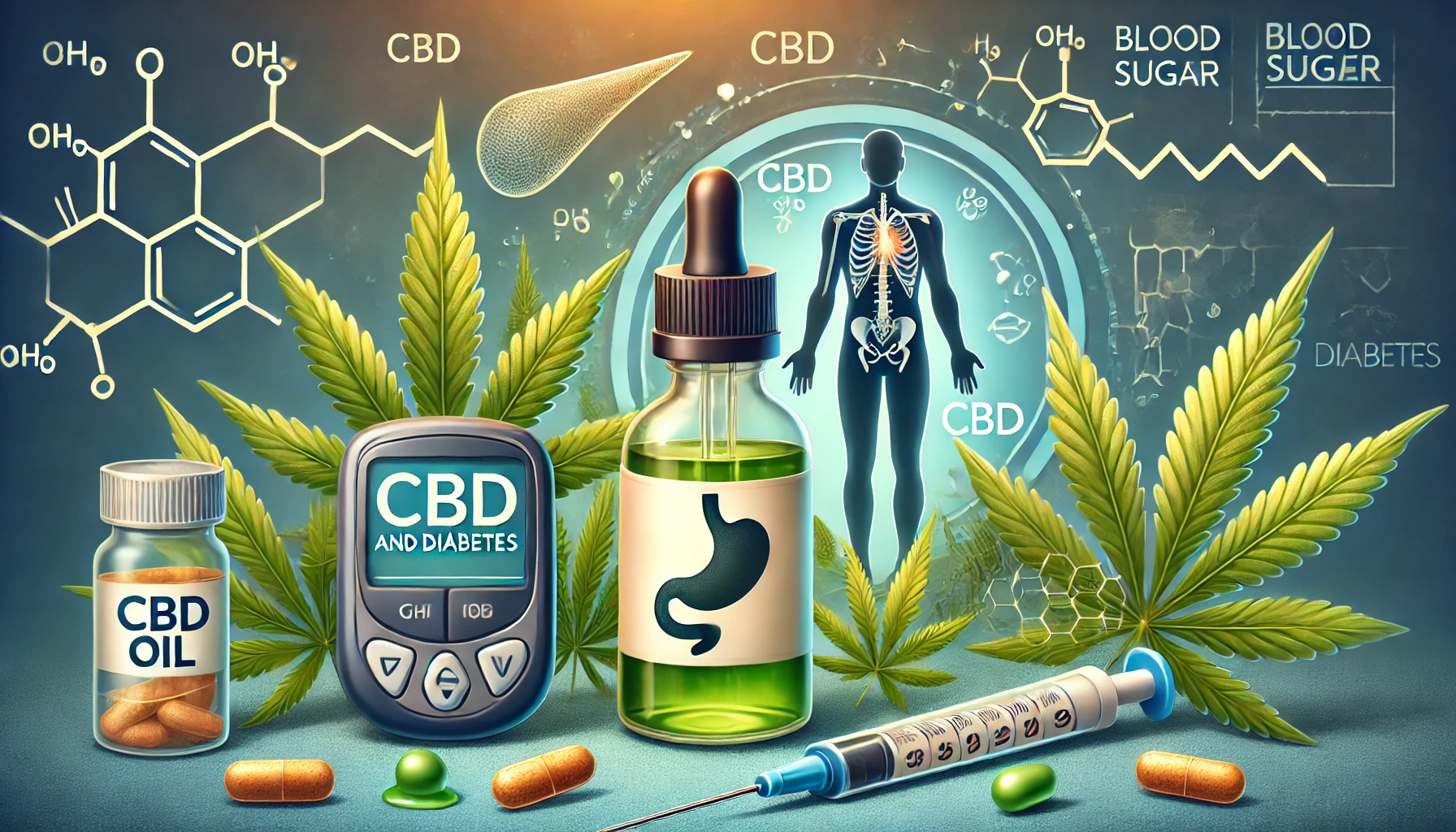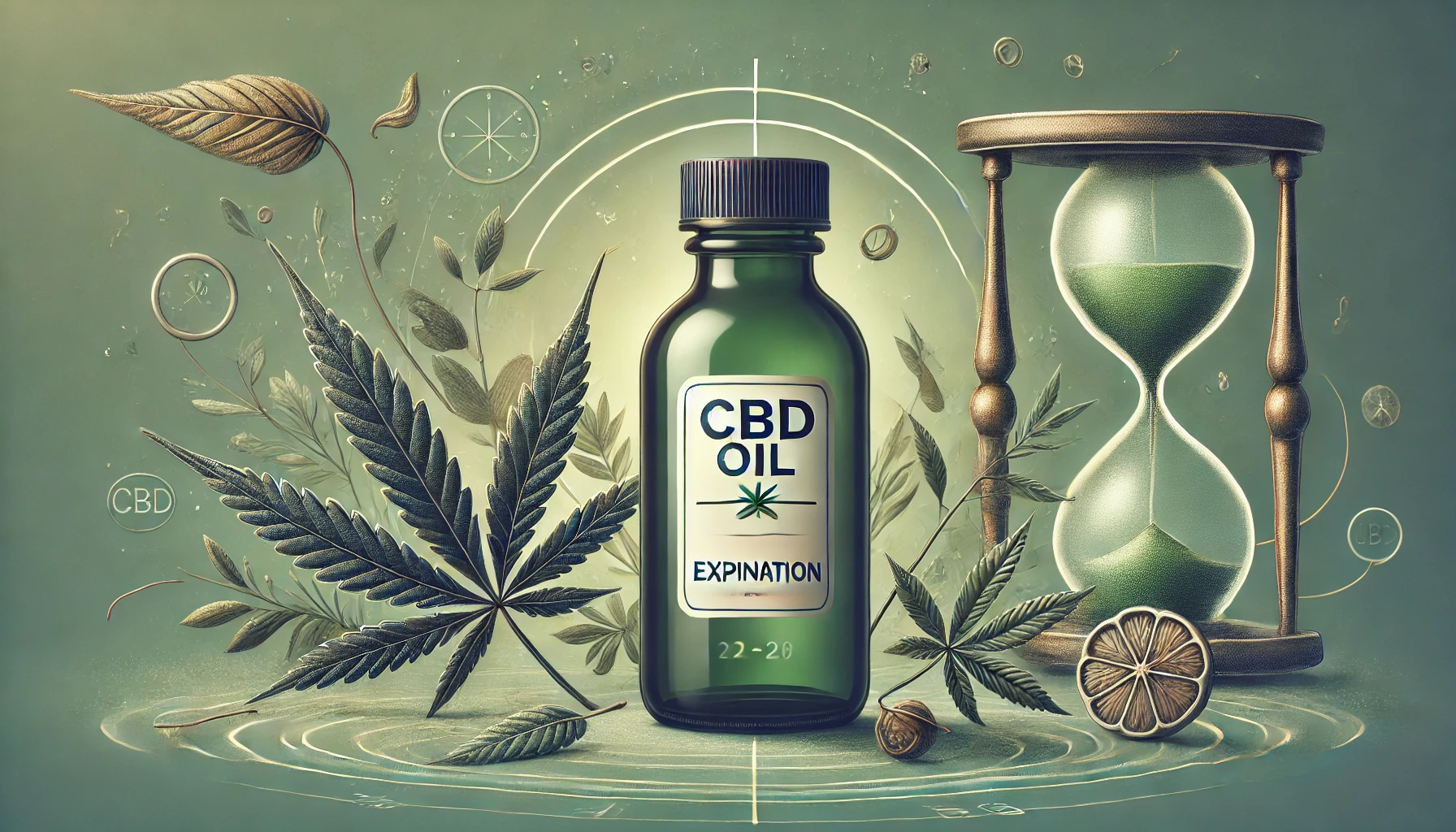Cannabidiol (CBD) has gained widespread popularity for its potential health benefits, but it’s essential to be aware of its possible side effects. Although generally considered safe, CBD can cause several side effects that users should be mindful of.
Common Side Effects of CBD
- Nausea: Some individuals may experience nausea after taking CBD, which can be mild or more severe depending on the dose and individual tolerance.
- Fatigue: CBD may cause drowsiness or fatigue, which can affect daily activities and productivity. This side effect is often dose-dependent, with higher doses more likely to cause drowsiness.
- Irritability: Mood changes, including irritability, can occur with CBD use. This is less common but can affect some individuals, particularly at higher doses.
Interaction with Medications
CBD can interact with various medications, increasing their levels in the blood by competing for liver enzymes that metabolize these drugs. This interaction is similar to how grapefruit affects certain medications. Some notable medications that CBD can interact with include:
- Blood Thinners: CBD can increase the blood levels of blood thinners, which may enhance their effects and increase the risk of bleeding.
- Anti-epileptics: For individuals taking anti-seizure medications, CBD may alter the concentration of these drugs in the blood, requiring careful monitoring and possible dose adjustments.
- Immunosuppressants: CBD can affect the levels of immunosuppressant drugs, which are critical for individuals with conditions like autoimmune diseases or organ transplants.
Liver Function
High doses of CBD may cause abnormalities in liver-related blood tests. This effect is not unique to CBD and can also be seen with other nonprescription drugs, such as acetaminophen (Tylenol). It’s crucial to inform your doctor if you regularly use CBD so they can monitor your liver enzymes.
Quality and Purity Concerns
A significant safety concern with CBD products is the lack of regulation in the supplement market. The FDA does not regulate the safety and purity of dietary supplements, including CBD. As a result, the product you purchase may not contain the listed amount of CBD or may include other unknown ingredients. To mitigate this risk, ensure that the CBD product you buy comes with a Certificate of Analysis (COA) from an independent laboratory.
Final Thoughts
While CBD is generally considered safe and has potential health benefits, it’s essential to be aware of its possible side effects and interactions with other medications. Always discuss the use of CBD with your healthcare provider, especially if you are taking other medications, to ensure it is safe and appropriate for your individual health needs.


